Black tea, known for its rich and sweet flavors, has become one of the most widely consumed teas internationally. It has captured the hearts of seasoned tea drinkers with its characteristic "sweetness and mellowness" and has been embraced by younger generations for its versatility.
The charm of black tea extends far beyond its delightful taste. Its widespread popularity can be attributed to a combination of factors including its rich history, cultural significance, nutritional content, and health benefits. Let’s explore these aspects to understand why black tea is so beloved.
Rich History and Cultural Significance
Black tea has a long and storied history, originating in China and becoming a significant part of the tea cultures in countries like India, Sri Lanka, and the UK. Each region has developed its unique traditions and methods of preparing black tea.
Black tea plays a vital role in various cultural ceremonies and daily rituals. In the UK, for instance, afternoon tea is a cherished tradition. In China, black tea is often enjoyed as part of a larger tea ceremony.
Rich Flavors and Aromas
One of the primary reasons black tea is so beloved is its unique and diverse flavors and aromas. From floral and fruity notes to honeyed and smoky undertones, black tea offers a wide range of taste experiences. This diversity is a result of various factors including the production region, tea plant variety, processing techniques, and degree of fermentation. Let's delve into some examples of these unique flavors:
Variety of Flavors and Aromas
- Floral: Some black teas have a subtle floral aroma, reminiscent of flowers like rose or jasmine. These delicate notes add a layer of complexity and elegance to the tea.
- Fruity: Many black teas feature fruity flavors, ranging from citrusy and berry-like notes to tropical fruit hints. This adds a refreshing and vibrant quality to the tea.
- Honeyed: The natural sweetness of some black teas can be reminiscent of honey. This smooth and rich flavor is particularly soothing and enjoyable.
- Smoky: Unique to certain black teas like China's Lapsang Souchong, the smoky flavor comes from drying the tea leaves over pinewood fires. This creates a distinctive and bold taste.
- Malty: Common in Indian black teas such as Assam, the malty flavor provides a robust and hearty taste, often with hints of spice.
Examples of Diverse Black Tea Flavors
- Lapsang Souchong (China): Known for its distinctive smoky aroma, Lapsang Souchong is dried over pinewood fires, imparting a unique smoky flavor that is both bold and smooth.
- Yingde Black Tea (China): This tea is celebrated for its sweet honey and sweet potato notes, providing a rich and comforting flavor.
- Assam Tea (India): With its strong malty flavor and hints of spice, Assam tea is often described as bold and invigorating, making it a popular choice for breakfast teas.
- Darjeeling Tea (India): Often referred to as the "Champagne of Teas," Darjeeling tea has a light and fruity flavor with muscatel notes, offering a delicate and sophisticated taste.
- Ceylon Tea (Sri Lanka): Known for its bright and lively character, Ceylon tea can have citrusy, spicy, or even chocolatey notes, making it incredibly versatile.
Nutritional Benefits of Black Tea
Black tea is not only appreciated for its rich flavors and aromas but also for its impressive nutritional profile. The various chemical compounds found in black tea contribute significantly to its taste, health benefits, and overall appeal. Here are some key components that make black tea a nutritious beverage:
Black tea is rich in polyphenols, particularly theaflavins and thearubigins. These antioxidants help neutralize free radicals in the body, reducing oxidative stress and lowering the risk of chronic diseases.
Polyphenols also possess anti-inflammatory properties, which can help reduce inflammation and promote overall health.
While black tea contains less caffeine than coffee, it still provides enough to enhance alertness and improve focus. This makes black tea a great alternative for those seeking a gentler caffeine boost.
The Caffeine content in black tea can help improve cognitive functions, such as memory, reaction time, and mental clarity.
Theanine
Theanine, an amino acid found in black tea, promotes relaxation without causing drowsiness. It works synergistically with caffeine to provide a balanced energy boost and improve concentration.
Theanine can also help improve mood and reduce stress, making black tea a comforting beverage
Suitable for Various Occasions
Black tea is an incredibly versatile beverage, making it suitable for a wide range of occasions. Here’s how black tea can be enjoyed in different settings:
Morning Boost
A robust cup of black tea in the morning can provide the necessary caffeine boost to kickstart your day, offering a gentle wake-up compared to coffee.
Afternoon Delight
Sharing a light, fragrant black tea in the afternoon with friends can be a delightful experience. The ritual of afternoon tea is a cherished tradition in many cultures, promoting relaxation and social bonding.
Versatile Preparations
- Hot or Iced: Black tea can be enjoyed hot or cold. In the summer, iced black tea with lemon or mint offers a refreshing way to cool down, while a warm cup is perfect for colder months.
- Milk and Honey: Adding milk, honey, or spices like cinnamon can enhance the flavor of black tea, making it a comforting drink.
- Cold Brew: Black tea can be cold-brewed for a smoother, less bitter taste, perfect for a refreshing drink on a hot day.
Health-Conscious Choices
When consumed plain, black tea is a calorie-free beverage, making it a healthy choice for hydration without added sugars or calories.
Tips for Drinking Black Tea Daily
When incorporating black tea into your daily routine, there are several important points to consider to ensure a healthy and enjoyable experience:
Caffeine Intake
While black tea contains less caffeine than coffee, it’s still important to monitor your intake. Excessive caffeine consumption can lead to insomnia, increased heart rate, and nervousness. Aim to stay below the daily limit of 400 milligrams of caffeine.
Avoid Drinking on an Empty Stomach
Drinking strong black tea on an empty stomach can irritate the stomach lining, leading to discomfort. It’s best to drink tea after meals to minimize its impact on your stomach.
Sugar and Additives
Be mindful of the amount of sugar you add to your tea to avoid excessive calorie intake.
Stick to natural ingredients and avoid artificial flavorings and additives to maintain the purity of your tea.
Avoid drinking excessively hot tea, as it can damage the mucous membranes in your mouth and increase the risk of esophageal cancer. Ensure your tea is below 55°C (131°F) to prevent burns and reduce health risks.
Hydration
Don’t rely solely on tea for hydration. Drinking water is essential for maintaining normal body functions, so make sure you drink enough water throughout the day.
Variety
Diversify Your Choices: Experiment with different types of black tea to enjoy a range of flavors and characteristics. This not only enhances your tea experience but also allows you to benefit from the unique properties of various teas.
Moderate consumption of black tea can be a healthy and enjoyable habit, but it’s important to follow these guidelines to maximize its benefits and minimize potential risks. By managing your caffeine intake, avoiding tea on an empty stomach, limiting sugar and additives, drinking tea at a safe temperature, ensuring adequate hydration, and diversifying your tea choices, you can make the most of your black tea experience.

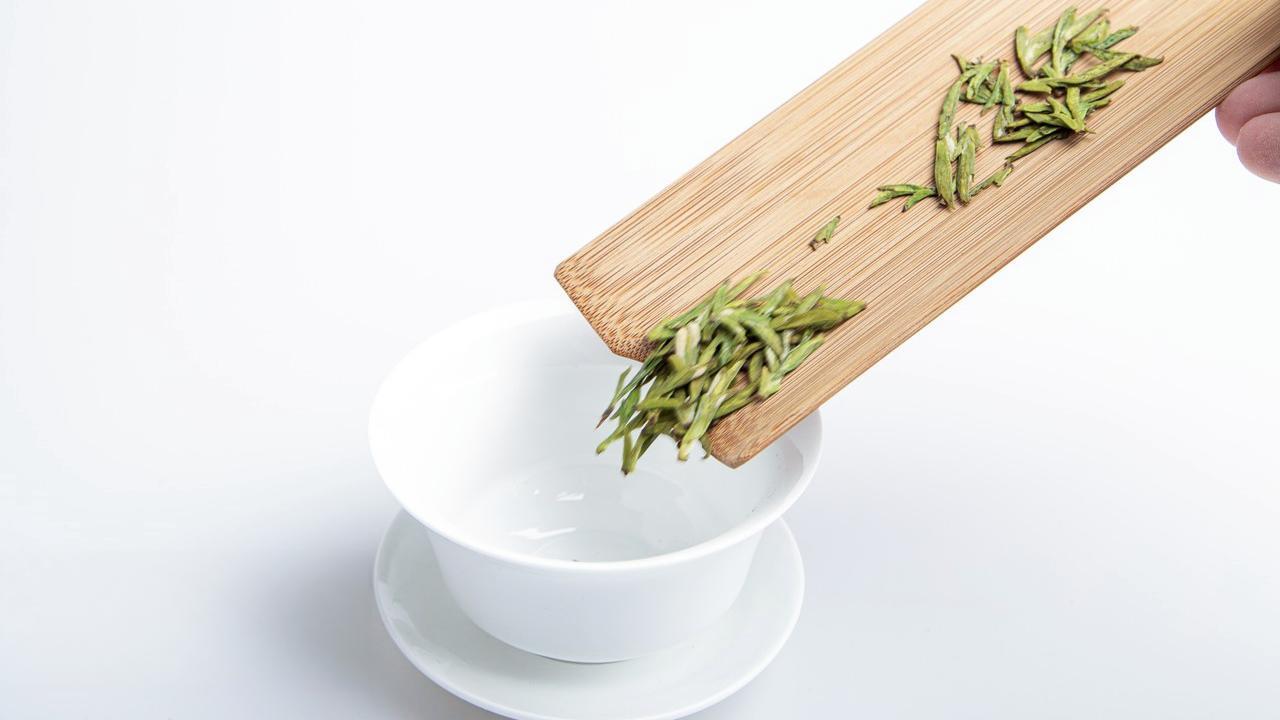
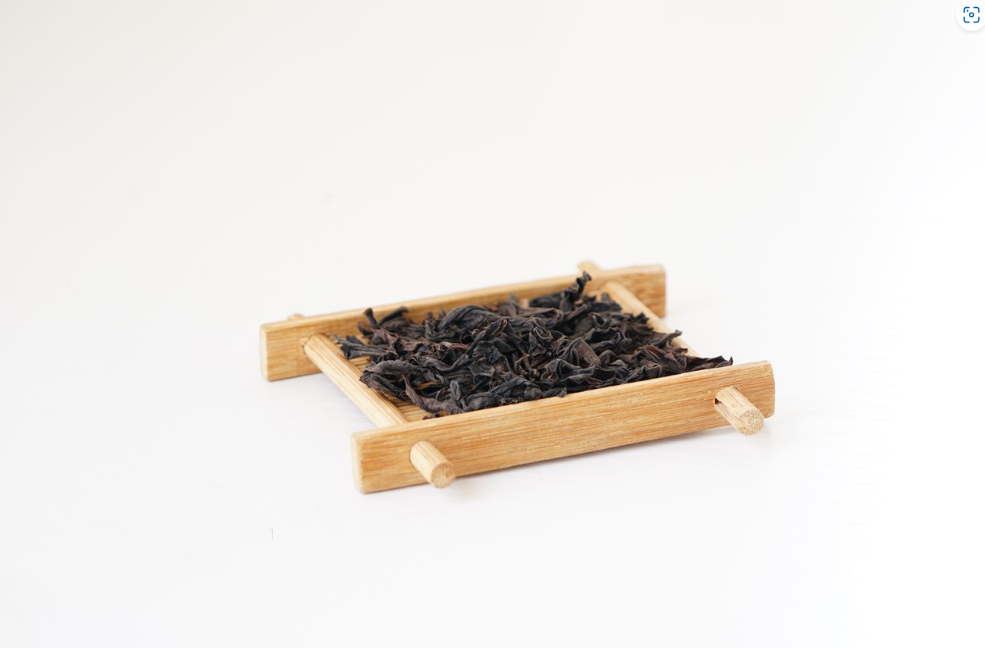
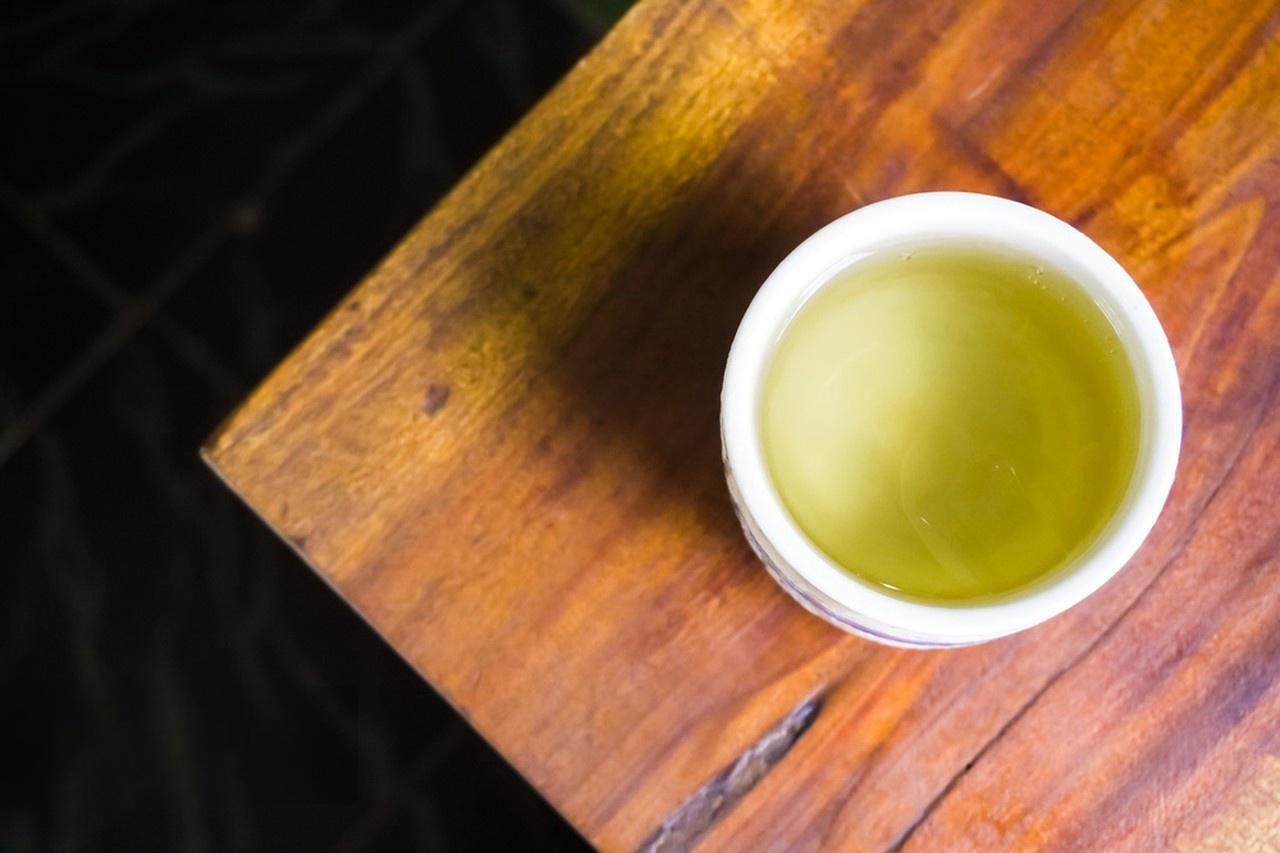
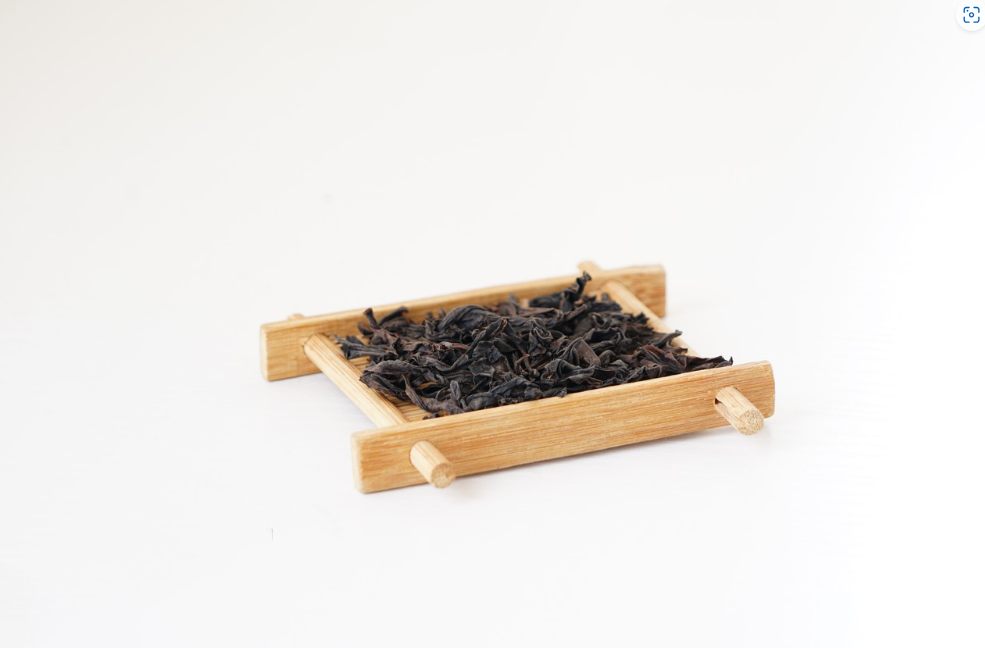
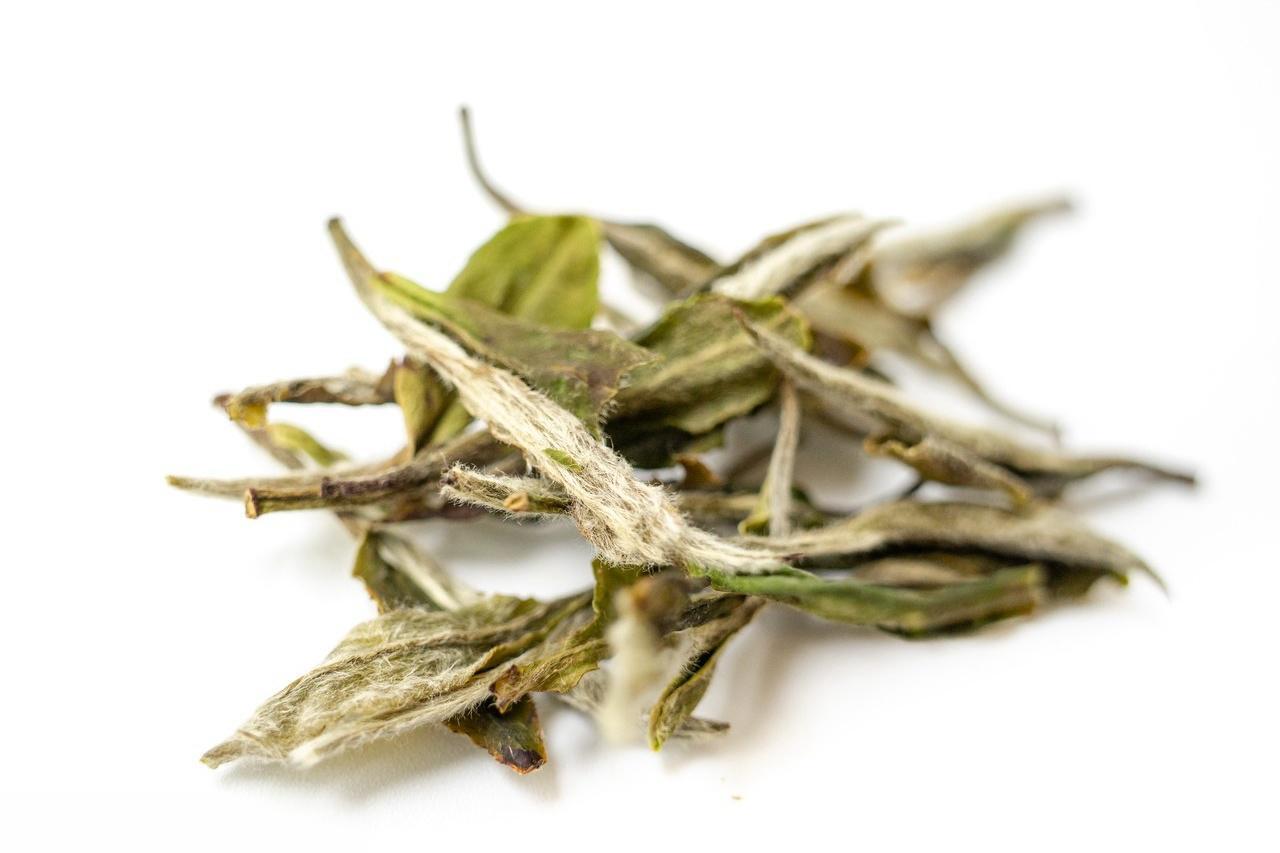
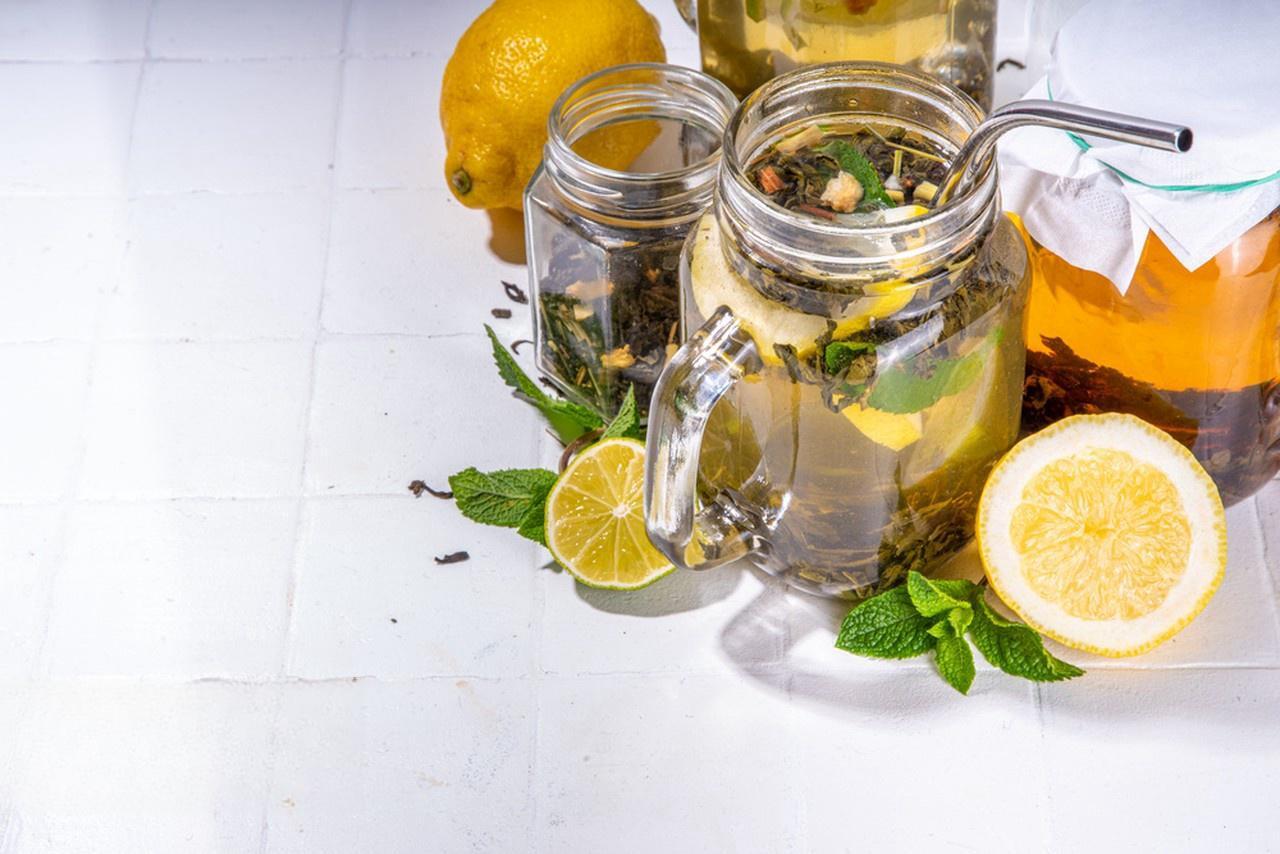
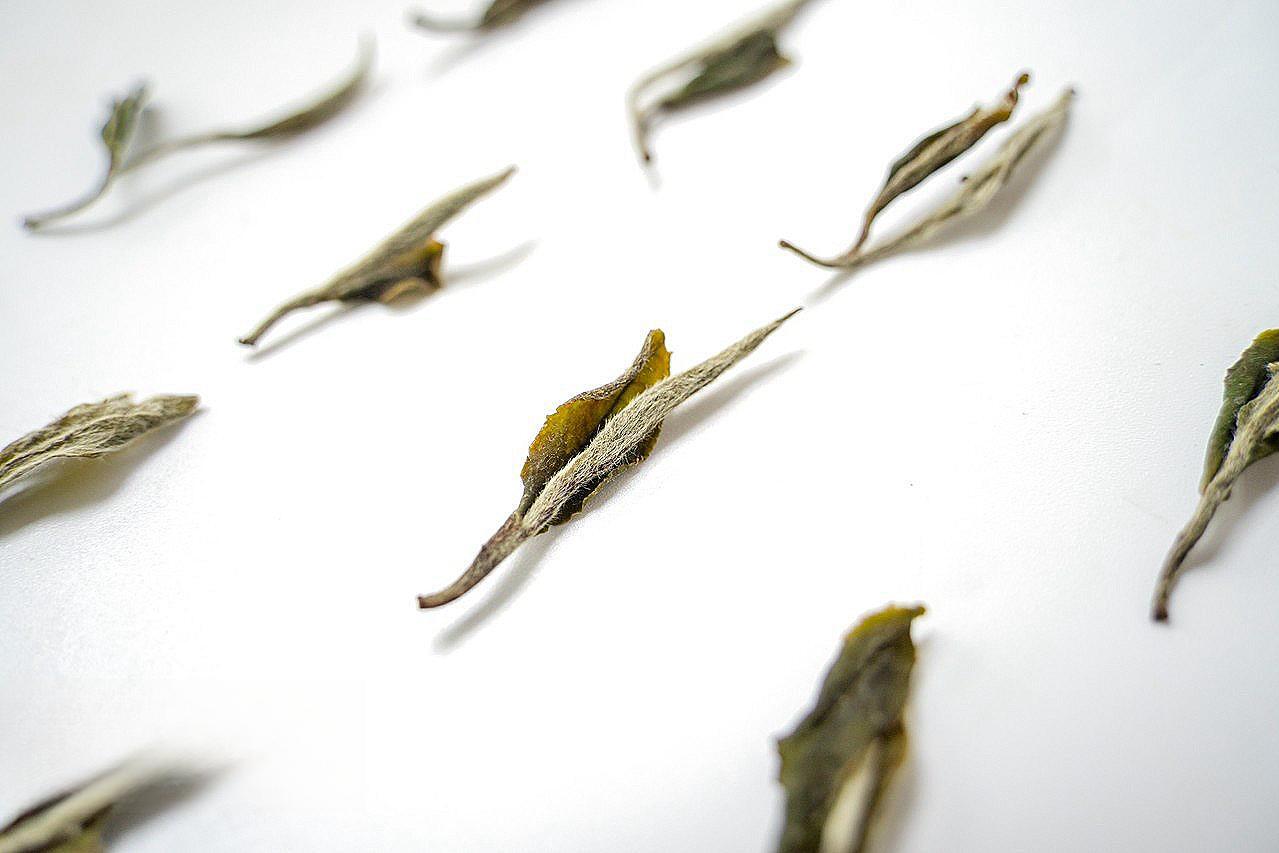
Leave a comment
All comments are moderated before being published.
This site is protected by hCaptcha and the hCaptcha Privacy Policy and Terms of Service apply.